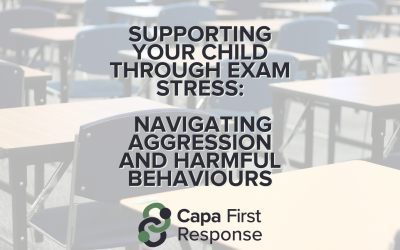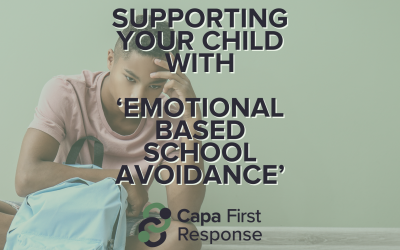Child to parent relationships can indeed be fragile, especially when faced with certain challenges such as the school transitions after holidays. This is often difficult for both child and parent. There are several reasons why this period can strain the parent-child dynamic:
- Emotional adjustments: Returning to school usually means changes in routine, increased workload, and social adjustments. Children might experience anxiety, stress, and mood swings during this time. This emotional turmoil can put a strain on how they interact with parents.
- Independence vs. dependence: The back-to-school period often signifies a transition from the freedom of down time/holidays and hanging out with friends to structured school days. Children may resist their parents’ attempts to enforce new rules or limits, leading to conflicts over things such as bedtime, homework, or extracurricular activities.
- Communication breakdowns: As children grow older, their modes of communication may evolve, making it challenging for parents to understand their needs and concerns. Teenagers may become more private and less willing to share their thoughts and experiences. This breakdown in communication can weaken the parent-child relationship.
- Conflicting expectations: Parents and children often have different expectations of the school year. Parents may have high academic or behavioural expectations, while children may want more autonomy or focus on their social life. These clashing expectations can lead to tension within the family.
At Capa, we have had many conversations with parents and carers who have shared their difficulties in managing their child’s relationship with school. The daily battles around getting a child into school or keeping them in school, children who have been excluded or refusing to go to school, parents and carers stuck between the school simply wanting and needing your child in school and the local authority who tell you, your child needs to be in school or you risk fines and a child who refuses to go. Often parents and carers feel helpless and hopeless facing daily battles with their child that can be physically violent and/or verbally aggressive.
We emphasise the importance of validation, the need to be heard, and having our feelings understood and acknowledged. Imagine if I told you I was struggling, as I felt really nervous about my first day at work, will I find where I am going, will I be any good at the job. A common response to this is ‘ don’t worry you’ll be fine, I am sure everyone is really nice and you will make friends and get to know what is expected of you’. I know you mean well but it doesn’t really validate what I am feeling.
Imagine your 11 year old saying “I don’t want to go to school”. They often are unable to tell you why they don’t want to go. Imagine then, your child hearing from you “you have to go, you will be fine”. This is not validating their feelings and they will not feel heard. This could lead to an escalation in feelings of overwhelm, frustration and/or anxiety.
What would happen If we changed what we said a little – ‘I know it feels scary, I remember being really scared when I started school too”. Try putting yourself in your child’s shoes, what would you like to hear?
School can feel very overwhelming for some children with lots of noise, lessons feeling crammed full of information that needs to be learned, masses of children walking and running around, our senses are pushed to the limits. It is not surprising that more and more children are struggling.
To navigate this period, it is important for both parents and children to practise empathy and open communication. Parents should strive to create a supportive environment where their child feels comfortable sharing their thoughts and concerns about school. Additionally, it is essential for parents to establish realistic expectations and provide appropriate guidance and support without pushing their child too hard.
Parents can also benefit from seeking professional guidance, such as consulting with school counsellors or therapists, who can provide strategies for adjusting to the school year and maintaining healthy parent-child relationships. Ultimately, by fostering understanding and compassion, both parents and children can navigate this transitional period and strengthen the parent-child bond.
For more information about how we work with the whole family, or to book a session visit this page.



0 Comments